#Gideon v. Wainwright
Text
Supreme Court Bracket
Remember that this is a silly Tumblr poll, and these two things are not actually in conflict. So don't get too heated in the notes.


Public Defenders. In the case Gideon v. Wainwright the Supreme Court unanimously ruled that states are required under the Sixth Amendment to the U.S. Constitution to provide an attorney or lawyer to defendants in criminal cases who are unable to afford their own attorneys.
Birth Control. In the case Griswold v. Connecticut (1965), the Court ruled that a statute barring birth control to prevent pregnancy, also known as contraception, was unconstitutional, at least in its application to married couples, as there was an implicit right to privacy in the ''penumbras'' and ''emanations'' of other constitutional provisions. This ruling was used as precedent in Eisenstadt v. Baird (1972), which extended the right to unmarried couples, and in Roe v. Wade and Lawrence v. Texas (see below).
#xkcd#polls#tumblr polls#polls on tumblr#poll tournament#supreme court#law#us law#us politics#american politics#Gideon v. Wainwright#Griswold v. Connecticut#Public Defenders#Birth Control#0x4v0xb#Supreme Court Round 2
7 notes
·
View notes
Text
Schuyler County: Gideon's Day Celebration is March 17
The Schuyler County Public Defender's Office is holding an Open House on Friday, March 17th from 2pm to 4pm. It will be celebrating the 60th Anniversary of the Supreme Court Decision in Gideon v. Wainwright:
Gideon v. Wainwright is a landmark case in which the U.S. Supreme Court ruled on March 18, 1963, that the 6th Amendment of the U.S. Constitution requires U.S. states to provide attorneys to criminal defendants who are unable to afford their own.
Clarence E. Gideon was charged with felony breaking and entering in a Florida state court. He requested an attorney, but the judge denied him because it was not a capital case. With only an 8th grade education, he represented himself and was convicted after a trial. He appealed all the way to the U.S. Supreme Court who ruled the 6th Amendment requires the state to provide an attorney because he could not afford one. Upon retrial Mr. Gideon was acquitted by the jury after only an hour of deliberation.
Please stop by to enjoy some treats, talk with our staff, and learn more about the important role public defenders and defense attorneys have in our criminal justice system and the service they provide to our community as a whole.
#public defender#gideon v wainwright#constitutional law#criminal defense lawyer#criminal law steven getman seneca county tompkins county schuyler county attorney
0 notes
Text
gideon v. wainwright
i learned this case in school!! it is a landmark supreme court case, because it forces states to provide attorneys for those who cannot get their own. gideon was in on trial and was forced to represent himself because he was too poor to get his own attorney, and was found guilty. he sent a petition to the supreme court, and the court decided that what the state of florida did was unconstitutional and everyone had the right to an attorney.
#passion project#explore#law#lawblr#history#usa#lawyer#discover#equal rights#high school#law school#lawsuit#lawsuits#studying#study#student#studyblr#my stuff
10 notes
·
View notes
Text
television characters off the top of my head ranked by supreme court decisions that have the same name
4/10 casey mccall -> planned parenthood v casey 1992, by a hairsbreadth kept the constitutional right ot abortion (until dobbs decision)
cartlon lassiter -> Lassiter v. Northampton County Board of Elections 1959 didnt make it unconstitutional to institute literacy requirement to vote :( nothing/10
Alec Gideon Lightwood -> gideon v wainwright 1963, landmark case ruled 6th amendment requires states to provide attorneys to criminal defendants who are unable to afford their own. 10/10
#i dont have anything else to add. i dont know any characters named obergafell but if i did theyd get 10/10#im clearing out drafts#amanda.doc
11 notes
·
View notes
Text
Day Forty-Eight
The quarter ended today! That went by really fast!
As a thank-you, our admins bought coffee and breakfast treats, which was nice. I started the day by grabbing some from the main office. Then I went about cleaning my classroom, making photocopies, grading work as it came in, all of that.
When my first Global Studies students arrived, I took attendance and got them ready to finish the video about that hajj they'd started watching yesterday, but then Mrs. R came over to cover for me while I went to a meeting.
The meeting was heavy, but mercifully short.
I returned to my classroom before the bell, and did my best to shake it off. By that time, my students had finished the video and moved on to an assignment about how Judaism, Christianity, and Islam have impacted different aspects of culture. That went incredibly well in all four sections of the class, and it's especially fun because one of the questions in the assignment uses a picture of my older brother (showing terrible manners while deployed to Iraq because he didn't know any better). Students always like that.
In APGOV, we discussed the Bill of Rights because the SCOTUS cases they're learning about in this unit are all related to civil liberties. Initially, students did have many questions, but the more we discussed, the more they asked, which was cool. When we got into looking at specific cases, I started off by introducing them to Tinker v. Des Moines with a couple video clips from PBS and the ACLU. Then I had them read the Oyez explainer about that case and six other cases: Engel v. Vitale, Wisconsin v. Yoder, Schenck v. United States, Gideon v. Wainwright, New York Times Company v. United States, and Mcdonald v. Chicago. More lessons involving those next week.
I went bounding through the halls at 2:40 to get my cacophonous friends because we'd made plans for celebratory pizza and stuff since we all survived a quarter. Some of the newbies joined us, but not Mr. C, so he and I will have words on Monday. This job is way easier if you have back-up, and if you have fun together, rather than working too late at your desk and then going home.
#teaching#edublr#teachblr#education#high school#teacher#social studies#court madness#Mrs. R#Mr. C#the cacophony#day forty eight
5 notes
·
View notes
Text
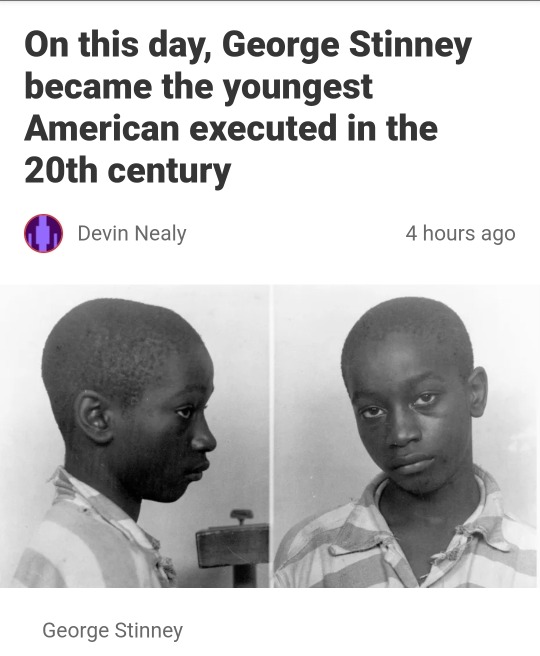
In March 1944, deep in the Jim Crow South, police came for 14-year-old George Stinney Jr. His parents weren't at home. His little sister was hiding in the family's chicken coop behind the house in Alcolu, a segregated mill town in South Carolina, while officers handcuffed George and his older brother, Johnnie, and took them away.
Two young white girls had been found brutally murdered, beaten over the head with a railroad spike and dumped in a water-logged ditch. He and his little sister, who were black, were said to be last ones to see them alive. Authorities later released the older Stinney – and directed their attention toward George.
On June 16, 1944, he was executed, becoming the youngest person in modern times to be put to death. On Wednesday, 70 years later, he was exonerated.
He was questioned in a small room, alone – without his parents, without an attorney. (Gideon v. Wainwright, the landmark Supreme Court case guaranteeing the right to counsel, wouldn't be decided until 1963.) Police claimed the boy confessed to killing Betty June Binnicker, 11, and Mary Emma Thames, 8, admitting he wanted to have sex with Betty. They rushed him to trial.
After a two-hour trial and a 10-minute jury deliberation, Stinney was convicted of murder on April 24 and sentenced to die by electrocution, according to a book by Mark R. Jones. At the time, 14 was the age of criminal responsibility. His lawyer, a local political figure, chose not to appeal.
27 notes
·
View notes
Text
While obergefell and griswold are the supreme court precedents that come up as also under threat, there are two justices who have been public on their desire to ovethrow Gideon v Wainwright’s right to a public defender. Might have said that this one would get too much backlash to be overturned, but hey maybe not. It is only 10 years older than Roe for the record, and it seems hard to uphold given their recent rulings on what’s a real right and what’s not.
9 notes
·
View notes
Text
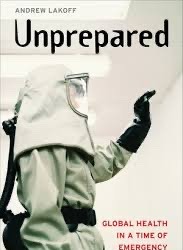
youtube
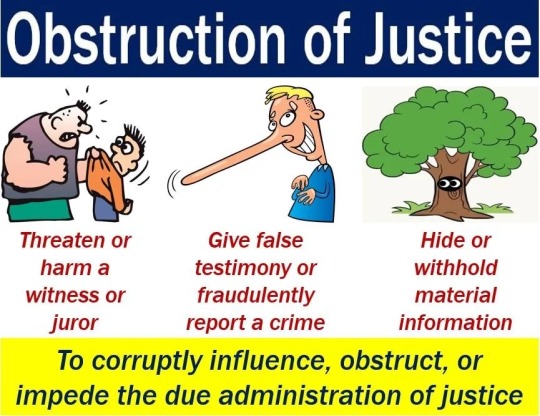
youtube
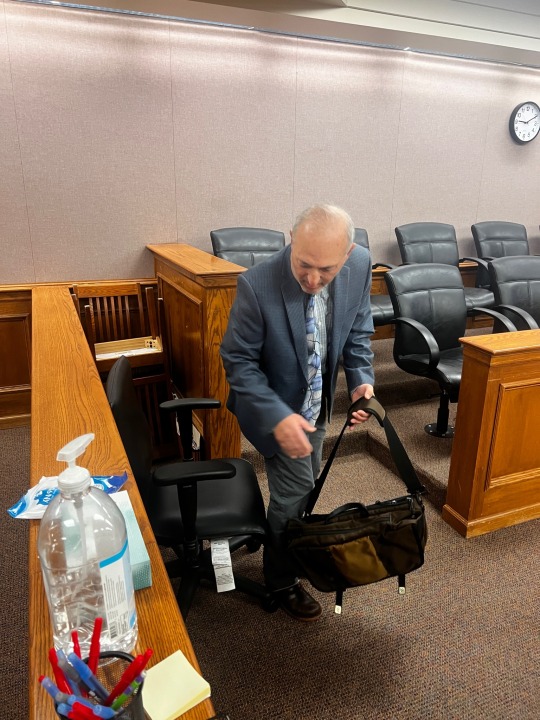
youtube

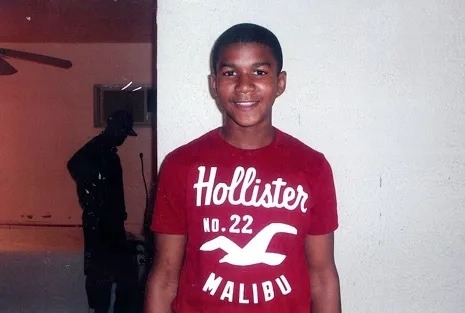
youtube
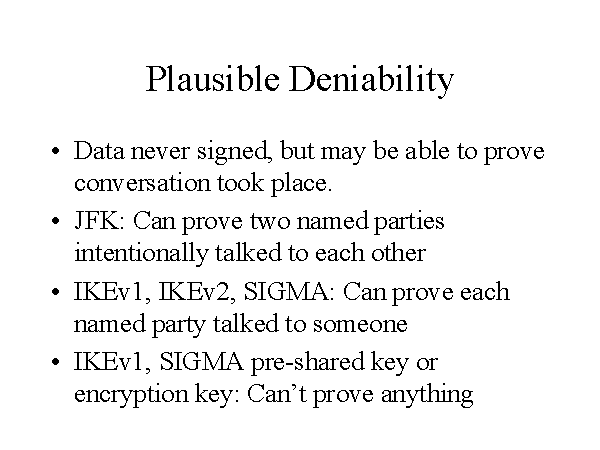
youtube

youtube
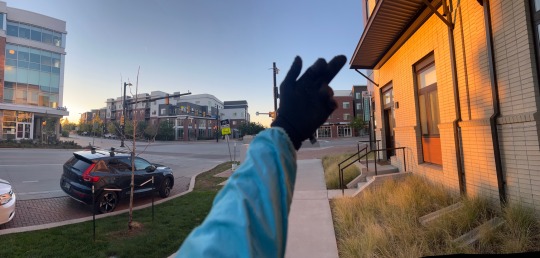
youtube

youtube

youtube
1 note
·
View note
Text
"Fall out of love with the Supreme Court quickly. Because if you look at American history, for the vast majority of our history, the Supreme Court has been a profoundly conservative and reactionary institution all the way from the founding to the Civil War. It was not until the 1950s, until the Warren court, where we got decisions like Brown v. Board and Gideon v. Wainwright, and then, eventually, Roe v. Wade. There was about a two-decade period that created the halo around the Supreme Court, and then it immediately went away again with the Burger court and the Rehnquist court and the Roberts court. So the Supreme Court is not gonna save us, my friends. We’re gonna have to do that."
1 note
·
View note
Text
Supreme Court Bracket
Remember that this is a silly Tumblr poll, and these two things are not actually in conflict. So don't get too heated in the notes.
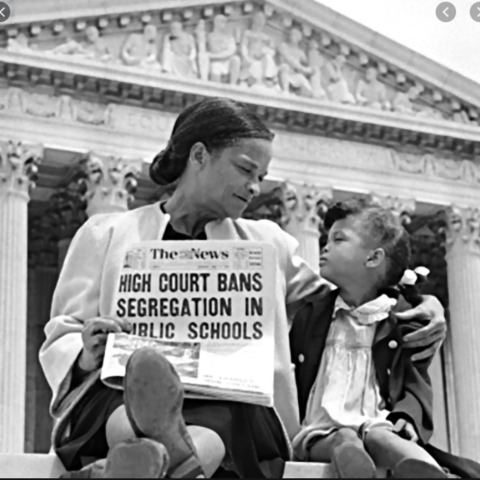

School Desegregation. State laws establishing separate public schools for black and white students to be unconstitutional. It stated that ''separate educational facilities are inherently unequal.''
Public Defenders. In the case Gideon v. Wainwright the Supreme Court unanimously ruled that states are required under the Sixth Amendment to the U.S. Constitution to provide an attorney or lawyer to defendants in criminal cases who are unable to afford their own attorneys.
#xkcd#polls#tumblr polls#polls on tumblr#poll tournament#supreme court#law#us law#us politics#american politics#Supreme Court Round 3#Brown v. Board of Education#Gideon v. Wainwright#School Desegregation#Public Defenders#0x3v0x4
0 notes
Text
Ibrahima Keita waited outside the immigration court for hours, but his attorney never came to accompany him to his asylum hearing. Inside, an immigration judge marked Keita a no-show and ordered his deportation. He didn’t know he could attend the hearing by himself and ask for a “continuance.” He didn’t know it was a day that would forever change his life, after many years of building a life in the United States.
Keita's is just one of many families separated due to the lack of legal representation. Last year, there were nearly 4 million people in immigration court facing deportation, 70% of whom lacked legal representation.
Of the approximately 250,000 people who were ordered deported last year, 74% lacked legal representation.
Anyone navigating a complex legal process that has life-altering consequences, like immigration court, should have a trained legal adviser at their side. It’s this principle that led the Supreme Court to rule unanimously 61 years ago in Gideon v. Wainwright that people facing criminal charges have the right to legal representation. But those principles don’t apply to civil immigration court matters – at least not yet.
1 note
·
View note
Text
bro the judicial system is so easy to understand on this quiz like bro the only thing i forgot was gideon v wainwright and tbh who has time for courtcases
1 note
·
View note
Text
Thomas’ predecessor on the court, Thurgood Marshall, was a civil rights lawyer before becoming a justice. In 1991, in his final opinion before retiring after a quarter century on the court, Marshall warned that his fellow justices’ growing appetite to revisit – and reverse – prior decisions would ultimately “squander the authority and legitimacy of this Court as a protector of the powerless.”
His prediction has been quoted by Supreme Court decisions since, including a three-justice dissent from the June 2022 Dobbs v. Jackson Women’s Health Organization ruling that declared there was no constitutional right to reproductive choice and overturned Roe v. Wade.
In his concurrence with the majority decision in that case, Thomas declared his opposition to Marshall’s principle, lamenting that the court had not done more to pare back its prior work. “In future cases, we should reconsider all of this Court’s substantive due process precedents,” Thomas wrote – directly implicating Americans’ rights to sexual privacy and same-sex marriage.
Throughout Thomas’ tenure he has pushed the Supreme Court to revisit prior decisions that embraced robust rights for society’s most vulnerable, and to replace Marshall’s vision with one more amenable to the powerful than the powerless.
[…]
For example, years before the court invalidated portions of the Voting Rights Act in Shelby County v. Holder, Thomas had argued that the lack of modern voting discrimination made the act unnecessary.
Similarly, recent decisions have followed Thomas’ lead in weakening the vitality of the First Amendment’s Establishment Clause, which fortifies the separation between church and state.
Thomas has even called for the court to reconsider its ruling in Gideon v. Wainwright, which established a constitutional right to a lawyer for indigent criminal defendants.
In each case, it is the powerless who stand to be most significantly affected.
Those in need of constitutional protection in Thomas’ view are more likely to be property owners, corporations making campaign contributions or gun owners.
1 note
·
View note
Text
Day Forty-Nine
I've been joking with my non-teacher friends about how setting the clocks back makes the ninth graders forget how to be high school students, but there really is something disregulating about it. Couple that with the fact that it's the start of a new quarter, and some of my students were definitely feeling out of sorts. I purposefully planned a light lesson- a bit of vocab practice, a short reading on Hinduism and Buddhism-which went over well with most of my students.
I did have a few who still struggled, and I actually had to send two to the office because they were so disruptive: shouting incessantly, breaking classroom supplies... That was pretty frustrating, but hopefully tomorrow will be better.
APGOV was pretty solid, at least. My students worked in small groups on a couple SCOTUS comparison FRQs for the first half of the block. That's the FRQ they've found challenging, so it's good to get some more practice, and doing it in groups meant they could learn from each other and improve together. Once that was done, I put all the cases they'd learned about last week into brackets on my whiteboard, and had them discuss which ones should advance through the rounds. Our finalists are Gideon v. Wainwright and McDonald v. Chicago. Students are going to have a formal debate about which of those cases is the most significant on Thursday.
I spent the afternoon sweeping the floors, grading, and prepping for tomorrow. It took me a bit longer than planned- till just after 3:00- because I kept changing my mind about how I want to structure my lessons. I think I've got it sorted, though, unless I change my mind again in the morning!
1 note
·
View note
Photo
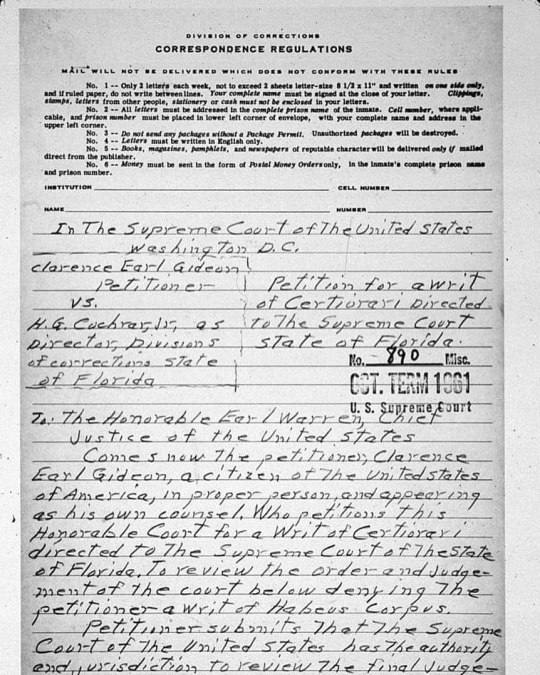
60 years ago today, in Gideon v. Wainwright (1963), the Supreme Court ruled that the Constitution requires the states to provide defense attorneys to criminal defendants charged with serious offenses who cannot afford lawyers themselves. #lawyers #supremecourt https://www.instagram.com/p/Cp8nl8ePtNyasCgGQ2m7M8Cv3YkVb9mcKUNXkA0/?igshid=NGJjMDIxMWI=
0 notes
Text
Just really tired of the whole, "how can you defend this guy," question from the general public.
Everyone deserves the right to Counsel. So much so judges can get uncomfortable when someone demands to represent themselves (even though that is a right too).
Gideon is such an interesting story, because he was smart enough to be like, "dude this is fucked up. I deserve a lawyer too." He dropped out of school in 8th grade, but still had the critical thinking skills to demand an appeal. He knew his rights under the constitution.
"The COURT: Mr. Gideon, I am sorry, but I cannot appoint Counsel to represent you in this case. Under the laws of the State of Florida, the only time the Court can appoint Counsel to represent a Defendant is when that person is charged with a capital offense. I am sorry, but I will have to deny your request to appoint Counsel to defend you in this case."
"The DEFENDANT: The United States Supreme Court says I am entitled to be represented by Counsel."
0 notes